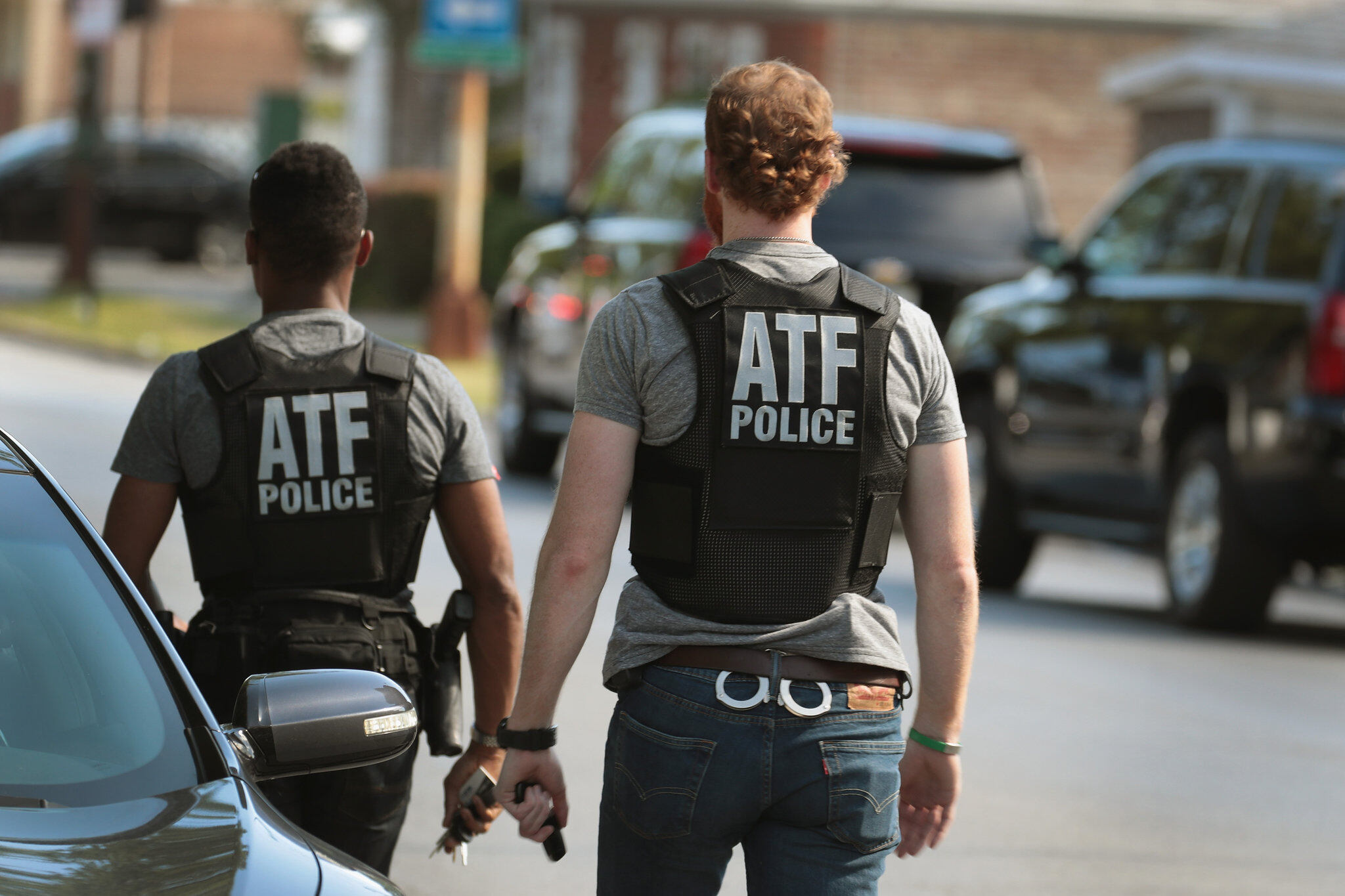
Ever wondered what the Bureau of Alcohol, Tobacco, Firearms, and Explosives (ATF) does? This federal agency plays a crucial role in enforcing laws related to alcohol, tobacco, firearms, explosives, and arson. But what makes the ATF so important? For starters, they investigate and prevent federal offenses involving unlawful use, manufacture, and possession of firearms and explosives. They also regulate the alcohol and tobacco industries to ensure compliance with federal laws. Want to know more? Keep reading to uncover 20 fascinating facts about the ATF that highlight its significant impact on public safety and law enforcement.
What is the ATF?
The Bureau of Alcohol, Tobacco, Firearms, and Explosives (ATF) is a federal law enforcement organization. It operates under the United States Department of Justice. Its primary mission is to protect communities from violent criminals, criminal organizations, illegal use and trafficking of firearms, illegal use and storage of explosives, acts of arson and bombings, and illegal diversion of alcohol and tobacco products.
History of the ATF
The ATF has a rich history that dates back to the 18th century. Over the years, it has evolved to meet the changing needs of society.
- The ATF's origins trace back to 1791 when the first federal tax on distilled spirits was imposed.
- In 1862, during the Civil War, the Office of Internal Revenue was created to collect taxes, including those on alcohol and tobacco.
- The Prohibition era (1920-1933) significantly shaped the ATF's role, focusing on enforcing alcohol laws.
- The ATF became an independent bureau within the Department of the Treasury in 1972.
- In 2003, the ATF was transferred to the Department of Justice, reflecting its law enforcement focus.
ATF's Role in Firearms Regulation
The ATF plays a crucial role in regulating firearms in the United States. It ensures that firearms are used safely and legally.
- The ATF enforces the Gun Control Act of 1968, which regulates the firearms industry and firearms owners.
- It conducts inspections of firearms dealers to ensure compliance with federal laws.
- The ATF investigates illegal firearms trafficking and works to prevent firearms from falling into the hands of criminals.
- The National Firearms Act (NFA) of 1934, which regulates certain types of firearms, is also enforced by the ATF.
- The ATF maintains the National Integrated Ballistic Information Network (NIBIN), a database that helps solve gun crimes.
ATF's Role in Explosives Regulation
Explosives regulation is another critical area of the ATF's work. It ensures that explosives are used safely and legally.
- The ATF enforces the Safe Explosives Act, which regulates the storage, use, and distribution of explosives.
- It conducts inspections of explosives manufacturers and dealers to ensure compliance with federal laws.
- The ATF investigates illegal explosives trafficking and works to prevent explosives from falling into the hands of criminals.
- The ATF maintains the Bomb Arson Tracking System (BATS), a database that helps solve arson and explosives crimes.
- The ATF provides training and support to local law enforcement agencies in handling explosives-related incidents.
ATF's Role in Alcohol and Tobacco Regulation
The ATF also regulates the alcohol and tobacco industries. It ensures that these products are produced, distributed, and consumed safely and legally.
- The ATF enforces the Federal Alcohol Administration Act, which regulates the alcohol industry.
- It conducts inspections of alcohol and tobacco manufacturers and dealers to ensure compliance with federal laws.
- The ATF investigates illegal alcohol and tobacco trafficking and works to prevent these products from falling into the hands of criminals.
- The ATF works with other federal, state, and local agencies to combat alcohol and tobacco smuggling.
- The ATF provides education and outreach to the public about the dangers of illegal alcohol and tobacco products.
The ATF's Impact on Public Safety
The Bureau of Alcohol, Tobacco, Firearms, and Explosives (ATF) plays a crucial role in maintaining public safety. From regulating firearms and explosives to investigating arson and bombings, the ATF's work is both diverse and vital. Their efforts help prevent illegal activities, ensuring that communities remain safe. The agency's dedication to enforcing laws related to alcohol, tobacco, firearms, and explosives demonstrates its commitment to protecting citizens.
Understanding the ATF's responsibilities and achievements gives insight into how they contribute to national security. Their work often goes unnoticed, but the impact is significant. By staying informed about the ATF's role, we can better appreciate the importance of their mission. The next time you hear about the ATF, remember the extensive efforts they put into keeping our communities safe. Their work truly makes a difference.
Was this page helpful?
Our commitment to delivering trustworthy and engaging content is at the heart of what we do. Each fact on our site is contributed by real users like you, bringing a wealth of diverse insights and information. To ensure the highest standards of accuracy and reliability, our dedicated editors meticulously review each submission. This process guarantees that the facts we share are not only fascinating but also credible. Trust in our commitment to quality and authenticity as you explore and learn with us.


